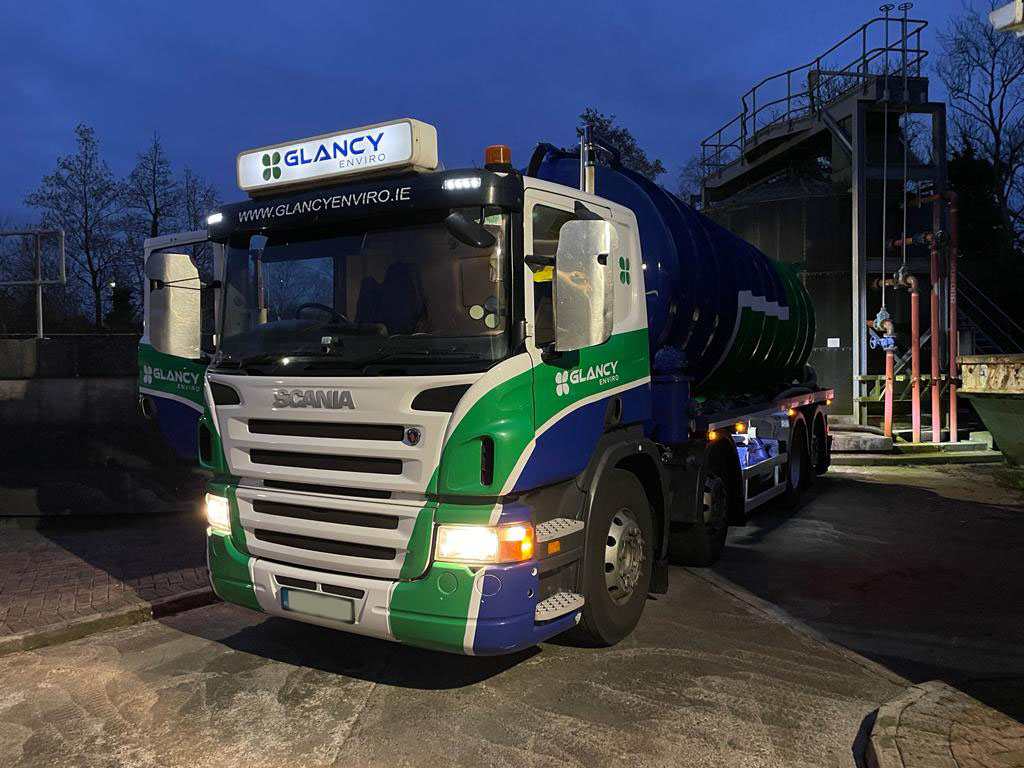The Buzz on Reclaim Waste
Table of ContentsNot known Details About Reclaim Waste Not known Details About Reclaim Waste The Best Guide To Reclaim WasteSome Known Details About Reclaim Waste Not known Details About Reclaim Waste
Discover the kinds, events, and kinds of fluid waste. Residential sewer waste refers to the waste and items from a residential septic tank. This kind of waste is produced by humans in homes, institutions, and various other structures. This only consists of septic containers that have a drain field. The proper management and disposal of residential sewage waste need liquid waste to be transferred to a sewage therapy plant where the correct techniques and equipment are put on detoxify and throw away waste.
Commercial waste commonly consists of possible hazards, such as combustible materials or a combination of liquid and solid waste products, and calls for an advanced and thorough disposal process. The disposal of business waste commonly involves the filtering of waste before transport to guarantee risk-free and proper disposal. Industrial waste is created from by-products and drainage of commercial processes and production.
This kind of waste can not utilize the same sewage administration transport or processes as septic or commercial liquids. The commercial waste management procedure requires the inspection and testing of liquid waste before it undertakes the disposal procedure (industrial wastewater treatment). Overflow waste is the fluid waste that originates from overflow and excess stormwater in very populated areas or cities
Overflow waste can create contamination and flooding if not handled effectively. Learn much more regarding drain cleansing and waste monitoring. Guaranteeing correct waste administration can prevent catastrophes and minimize environmental injury. Both people in property settings and experts in industrial or production markets can take advantage of comprehending the processes and laws of liquid waste management.
The Best Guide To Reclaim Waste
Get in touch with PROS Services today to learn more about our waste administration and disposal services and the proper means to look after the liquid waste you produce.
This supposed 'wastewater' is not only an essential source yet, after therapy, will certainly be released to our land, rivers or the ocean. Used water from bathrooms, showers, bathrooms, kitchen sinks, washings and commercial processes is understood as wastewater.

water used to cool machinery or clean plant and tools). Stormwater, a form of wastewater, is runoff that flows from farming and urban areas such as roofing systems, parks, gardens, roads, paths and gutters right into stormwater drains pipes, after rainfall. Stormwater flows unattended straight to neighborhood creeks or rivers, at some point getting to the sea.
All About Reclaim Waste
In Queensland, most wastewater is treated at sewage treatment plants. Wastewater is carried from residential or commercial websites with a system of drains and pump terminals, referred to as sewage reticulation, to a sewer therapy plant. City governments develop, preserve and operate most sewer therapy plants. Operators are certified under the Environmental Defense Act 1994 to release treated wastewater at an acceptable environmental standard into rivers.
The Department of Natural Resources suggests city governments regarding managing, operating and keeping sewage systems and treatment plants. In unsewered areas, neighborhood federal governments may call for householders to install specific or family sewage therapy systems to deal with domestic wastewater from toilets, cooking areas, washrooms and laundries. The Department of Natural Resources authorizes making use of household systems when they are confirmed to be efficient.
In some brand-new class, treatment of some stormwater to eliminate litter, sand and crushed rock has actually begun making use of gross contaminant catches. Wastewater treatment happens in 4 stages: Eliminates strong matter.
Makes use of tiny living microorganisms recognizes as micro-organisms to damage down and remove staying liquified wastes and great her latest blog fragments. Micro-organisms and wastes are incorporated in the sludge.
Top Guidelines Of Reclaim Waste
Nutrient removal is not available at all sewer therapy plants because it calls for pricey specialized devices. Clear fluid effluent created after therapy may still contain disease-causing micro-organisms - liquid waste disposal.

This normally implies wastewater needs to be treated or impurities eliminated before it can be released to rivers. Many wastewater flows right into the sewerage system. Under the Act, local federal governments provide authorizations and permits for ecologically relevant tasks (Ages) entailing wastewater releases that might have a neighborhood effect. The division provides approvals and permits to ERAs entailing wastewater releases that could have a regional or statewide influence.
Reclaim Waste for Beginners
Tracking gives accurate details about water top quality and can confirm that licence problems are being satisfied. The details gotten via surveillance offers the basis for making water high quality choices.
Comments on “Facts About Reclaim Waste Revealed”